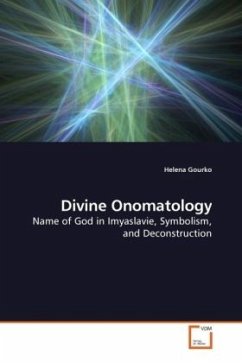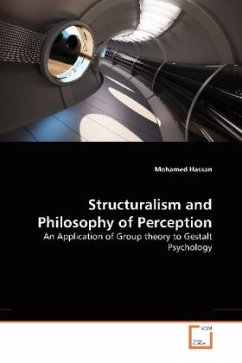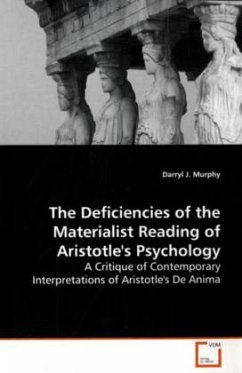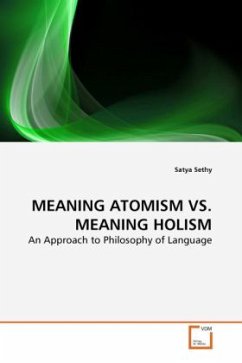
Competing Explanations
Exclusion and Importance in Historical Accounts
Versandkostenfrei!
Versandfertig in 6-10 Tagen
52,99 €
inkl. MwSt.

PAYBACK Punkte
26 °P sammeln!
In this book, Mark Day undertakes a philosophicalexamination of the nature of explanatory competitionbetween historical accounts. It is usual for aphilosophy of explanation to attempt an analysis ofexplanation, singular. The focus of this work is onrelations between two or more explanations. Themethodology of Day''s work is built upon a conceptionof descriptive philosophy: such that when attemptingto philosophise about a practice such as history, weshould pay detailed attention to existing goodpractice. To this end, Day''s conclusions aredeveloped in conjunction with an examination of eightdif...
In this book, Mark Day undertakes a philosophical
examination of the nature of explanatory competition
between historical accounts. It is usual for a
philosophy of explanation to attempt an analysis of
explanation, singular. The focus of this work is on
relations between two or more explanations. The
methodology of Day''s work is built upon a conception
of descriptive philosophy: such that when attempting
to philosophise about a practice such as history, we
should pay detailed attention to existing good
practice. To this end, Day''s conclusions are
developed in conjunction with an examination of eight
differing explanations of the French Revolution. Day
argues for, and analyses, two major types of relation
between historical accounts: relations of exclusion,
and of competition. In examining the nature of
explanatory competition, Day develops a realist
account of the nature of historical importance.
examination of the nature of explanatory competition
between historical accounts. It is usual for a
philosophy of explanation to attempt an analysis of
explanation, singular. The focus of this work is on
relations between two or more explanations. The
methodology of Day''s work is built upon a conception
of descriptive philosophy: such that when attempting
to philosophise about a practice such as history, we
should pay detailed attention to existing good
practice. To this end, Day''s conclusions are
developed in conjunction with an examination of eight
differing explanations of the French Revolution. Day
argues for, and analyses, two major types of relation
between historical accounts: relations of exclusion,
and of competition. In examining the nature of
explanatory competition, Day develops a realist
account of the nature of historical importance.












